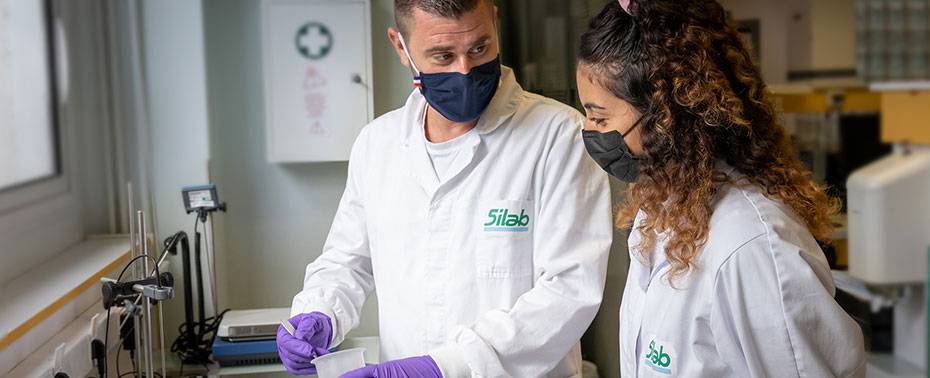For students...
First of all, work-study enables the development of professional skills in line with the needs and expectations of the labor market in a broad range of activities. It is also an enriching experience for recent graduates that could make a difference when entering the labor market and for first job interviews. Indeed, beyond obtaining a diploma, the work-study contract is highly appreciated by recruiters because it can be considered as a genuine first professional experience.
Choosing work-study training has a double financial interest. On the one hand, the trainee is paid monthly (remuneration depends on the type of contract, age, and the level of training in question); on the other hand, the company pays for training costs. This second point may be important for students since some types of training or schools are very expensive! Moreover, the trainee has the status of a salaried employee and therefore begins accumulating future retirement benefits.
Although the work-study contract has many advantages, it should be stressed that organization and discipline are essential prerequisites for success. The challenge has two aspects: obtain a diploma and also provide satisfaction to the employer in terms of fulfilling the missions assigned.
The status of international volunteer or CIFRE (industrial agreement of training through research) doctoral candidate enables young graduates, often at the level of masters, to acquire additional experience abroad or in an academic research laboratory, often determining factors for the onset of their professional life. This aspect, however, is limited to international companies conducting research.
For companies...
Beyond assistance enabling companies to benefit from several governmental bonuses, recruiting students in the framework of varied types of training responds to several objectives.
Initially, young work-study trainees contribute to the company’s activity, whether in terms of its current programs or specific projects that could not have been undertaken without these additional resources.
Next, work-study is a potential engine of progress for the company, that benefits from a fresh outside vision that could enable it to question its practices.
Finally, the apprenticeship dynamics of the recruited student leads to the rapid adaptation to in-house processes and the effective transmission of knowledge.
Beyond the social mission that work-study represents for the company, it is a valuable tool for the pre-recruitment of its future talents.
According to a study by the DARES (French office conducting research, studies and statistics on work-related topics) published on May 21, 2021, the extent of professional insertion of work-study graduates is 4 to 6 points higher than graduates undergoing initial training with the status of student.
What is SILAB’s position?
SILAB has implemented a voluntarist policy for training young talents and accompanies students with varied levels of education (advanced vocational certificate, two-year technical college degree, professional degree, masters, or PhD) in the social context of its CSR policy.
In order to guarantee high-quality assistance to these young talents, tutors who are experts in their field are trained for their mission to be able to effectively transmit skill sets.
Among the company’s commitments are the creation of value by the sharing of experience. It is in this context that, beginning in the next academic year, SILAB will integrate work-study trainees in its departments of research and development, sales, industrial, quality, information systems, communication, sourcing, and human resources.
Our Careers page explains the possibilities of work-study, international volunteer work or CIFRE. With new jobs created every year, some of these young graduates with all the keys for obtaining an operational position, will undoubtedly be able to become a permanent part of the company.







